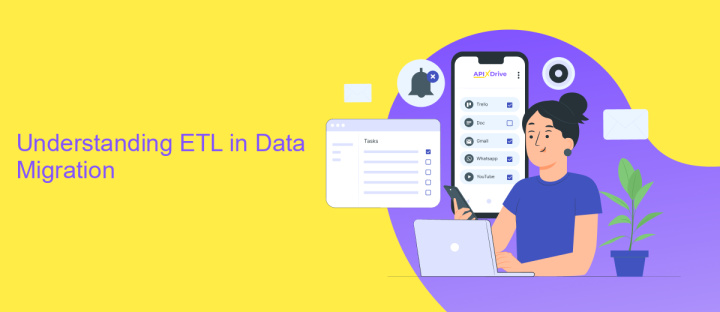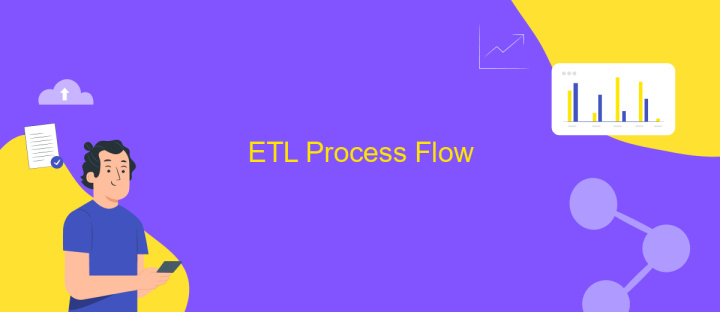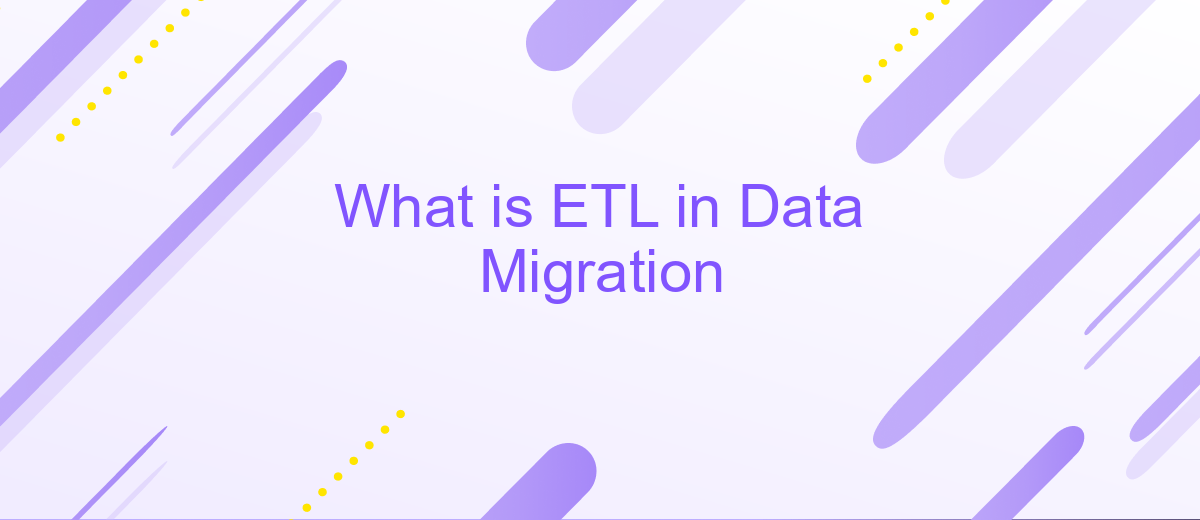What is ETL in Data Migration
ETL, which stands for Extract, Transform, Load, is a crucial process in data migration. It involves extracting data from various sources, transforming it into a suitable format, and loading it into a target system. This method ensures data integrity, consistency, and accuracy, making it an essential component in modern data management and analytics. Understanding ETL is key to successful data migration projects.
Introduction
ETL, which stands for Extract, Transform, Load, is a crucial process in data migration. It involves extracting data from various sources, transforming it to fit operational needs, and loading it into a target database or data warehouse. This process ensures that data is accurately and efficiently transferred, maintaining its integrity and usability.
- Extract: Data is collected from multiple sources, such as databases, cloud storage, and applications.
- Transform: The extracted data is then cleaned, formatted, and transformed to meet the requirements of the target system.
- Load: Finally, the transformed data is loaded into the target system for further analysis and use.
Effective ETL processes are vital for seamless data migration and integration. Tools like ApiX-Drive can simplify this process by automating data transfers and transformations, ensuring that your data is always up-to-date and accurately reflected in your systems. This not only saves time but also reduces the risk of errors, making data management more efficient.
Understanding ETL in Data Migration

ETL, which stands for Extract, Transform, Load, is a crucial process in data migration. It involves extracting data from various sources, transforming it into a format suitable for the destination system, and then loading it into the target database or data warehouse. This process ensures that data is accurately and efficiently transferred, maintaining its integrity and usability throughout the migration. ETL tools automate these steps, reducing the risk of errors and saving time for data engineers and analysts.
During data migration, integrating different systems can be challenging. Services like ApiX-Drive simplify this by providing seamless integration solutions. ApiX-Drive allows users to connect various applications and automate data workflows without requiring extensive coding knowledge. By using such services, organizations can streamline their ETL processes, ensuring that data is consistently and accurately migrated from source to destination. This enhances overall data quality and reliability, enabling better decision-making and operational efficiency.
ETL Process Flow

The ETL process flow is a critical component in data migration, ensuring data is accurately transferred from source to destination. It involves three key stages: Extract, Transform, and Load. Each stage plays a vital role in maintaining data integrity and consistency throughout the migration process.
- Extract: This initial stage involves retrieving data from various source systems. These sources could be databases, cloud services, or flat files. Tools like ApiX-Drive can facilitate seamless extraction by connecting to multiple data sources and automating the data retrieval process.
- Transform: Once data is extracted, it needs to be transformed to fit the target system's format. This stage may involve data cleaning, filtering, aggregation, and enrichment. ApiX-Drive can help streamline these transformations by providing pre-built connectors and transformation functions.
- Load: The final stage is loading the transformed data into the target system. This could be a data warehouse, database, or another storage solution. Ensuring data is loaded correctly and efficiently is crucial for maintaining data quality and performance.
By following these steps, organizations can achieve a smooth and efficient data migration process. Leveraging tools like ApiX-Drive can further enhance the ETL workflow by automating and simplifying integration tasks, ensuring data is accurately and consistently migrated.
Benefits of ETL in Data Migration

ETL (Extract, Transform, Load) is a crucial process in data migration, ensuring that data is accurately transferred from source to destination systems. By using ETL, organizations can maintain data integrity and consistency, which is vital for making informed business decisions.
The ETL process helps in cleaning and transforming data, making it more usable and accessible. This not only improves data quality but also enhances the efficiency of business operations. Furthermore, ETL tools can automate repetitive tasks, saving time and reducing the risk of human error.
- Improved data quality and consistency
- Automated data processing and transformation
- Enhanced decision-making capabilities
- Time and cost efficiency
Services like ApiX-Drive can simplify the integration and automation of data migration processes. By leveraging such tools, businesses can seamlessly connect various data sources and applications, ensuring a smooth and efficient migration. This ultimately leads to more reliable data and better overall performance.
Conclusion
In conclusion, ETL (Extract, Transform, Load) plays a crucial role in data migration by ensuring that data is accurately and efficiently transferred from one system to another. This process not only helps in maintaining data integrity but also enhances the overall performance of the new system. By extracting data from various sources, transforming it into a suitable format, and loading it into the target system, ETL simplifies complex data migration tasks and mitigates potential risks associated with data loss or corruption.
Moreover, leveraging tools like ApiX-Drive can significantly streamline the integration process during data migration. ApiX-Drive offers a user-friendly interface and robust features that facilitate seamless data transfer between different platforms. By automating the integration process, ApiX-Drive reduces the manual effort required and ensures that data is consistently updated and synchronized across systems. This not only saves time and resources but also enhances the reliability and accuracy of the migrated data, making it a valuable asset for businesses undergoing digital transformation.
FAQ
What is ETL in Data Migration?
Why is ETL important in Data Migration?
What are the main steps involved in the ETL process?
How can businesses automate the ETL process?
What are some challenges associated with ETL in Data Migration?
Time is the most valuable resource for business today. Almost half of it is wasted on routine tasks. Your employees are constantly forced to perform monotonous tasks that are difficult to classify as important and specialized. You can leave everything as it is by hiring additional employees, or you can automate most of the business processes using the ApiX-Drive online connector to get rid of unnecessary time and money expenses once and for all. The choice is yours!

